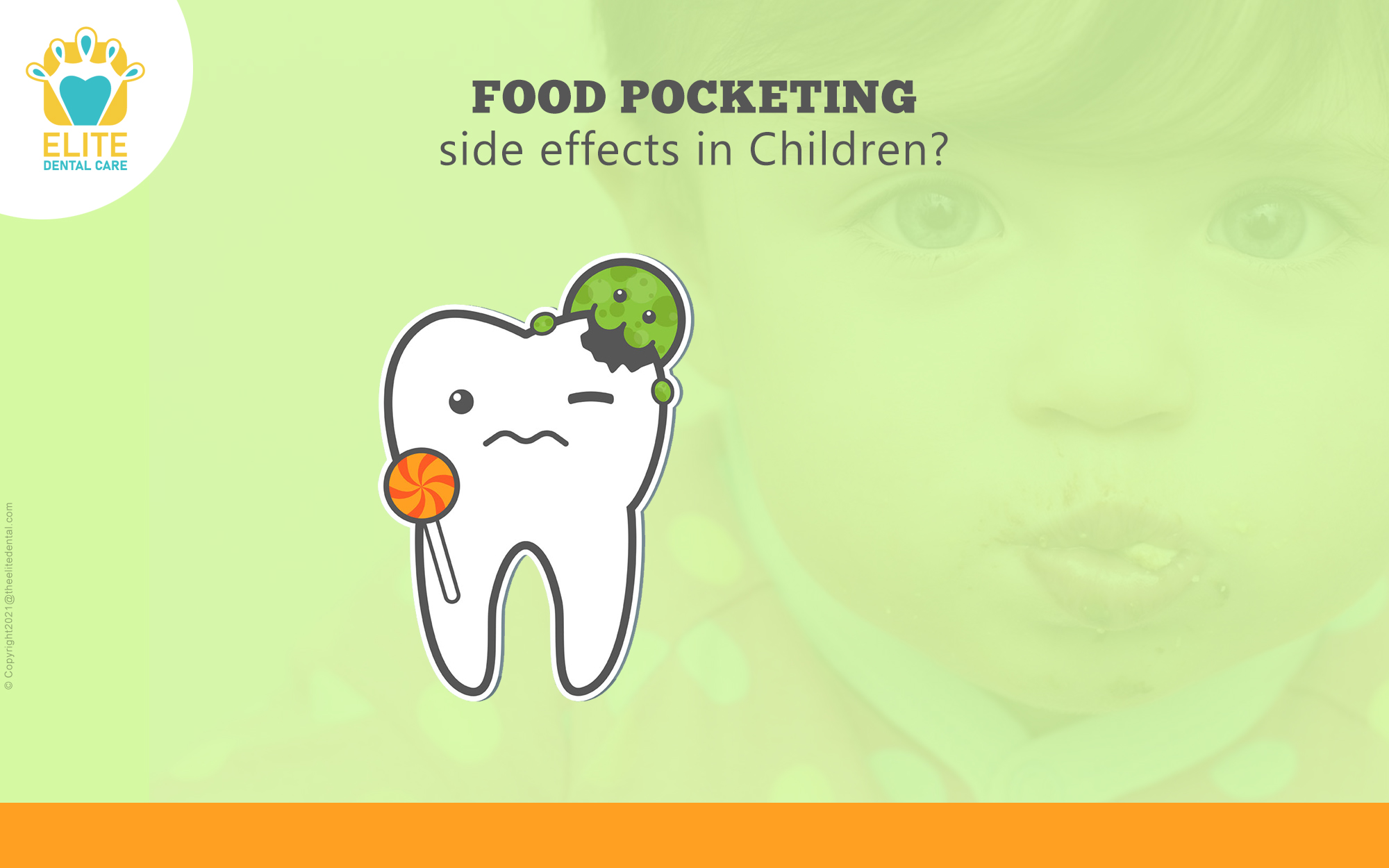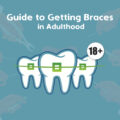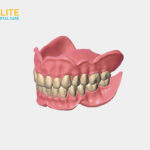
denturesflossinghygiene tipsoral healthRoot Canal TreatmentTeeth WhiteningUncategorized
edental
28 June 2022
Food pocketing side effects in children
Food pocketing may be cute at first, but it may become a cause for concern if your child continues to do so. Read on to learn why your child is pocketing their food and how to prevent them from continuing to do so.
Is your kid storing food in his or her mouth rather than eating it? If you find the behavior strange, keep in mind that it is extremely frequent among young toddlers. Some children even keep food in their mouth for hours! However, if your child’s food pocketing habit persists until he or she is five years old, you should be concerned.
What is food pocketing?
The act of storing food inside the mouth without swallowing it is known as food pocketing. Food is normally stored or “locked” inside the cheeks, although some children also store it in front of their gums.
Food pocketing frequently starts while children are young, according to Alaina Everitt, a certified psychologist. The youngsters may have an unpleasant condition, such as reflux or a sore in their mouth, making it difficult for them to eat.
The children may then begin a process of holding, spitting out, or completely refusing meals.
According to Everitt, children who pocket food should be evaluated by an occupational and speech therapist, even if they have not received any other therapy or have been diagnosed with any medical issues. Those professionals, she said, can rule out any additional issues, such as difficulties moving food around in their mouth with their tongue or a weak tongue. Basic therapeutic exercises to overcome these hurdles can generally cure these children.
If the problem is a sensory one, more intensive therapy may be required. Youngsters with sensory issues, such as autistic children, may require a large amount of food to even feel it in their mouth.
“These kids will load their faces with food and develop ‘chipmunk cheeks’,” Everitt added. “These children like crunchy or spicy foods because sensory difficulties may prevent them from tasting or experiencing other foods.”
Many toddlers hold their food in their hands, which is developmentally normal. When a child approaches the age of five, parents should be concerned.
As children grow older, they become increasingly adept at securing food in their pockets. The children may keep their food on their cheeks until they throw it away or their parents are unable to get them to swallow.
“It turns into a mealtime war,” Everitt explained.
Cook Children’s Hospital works with parents to treat children with feeding disorders as a team. The child’s care would be guided by a pediatrician. A nutritionist can assist the youngster in finding foods that they can eat. The real therapy phase, which teaches swallowing and resolves sensory difficulties, is led by speech and occupational therapists. Everitt is brought in to help with any emotional or behavioral concerns, such as anxiety or power struggles between parents and children.
Why does food pocketing happen?
We have listed four reasons why food pocketing happens among children, especially toddlers:
- Sensory issue:
Because they detest the feel of the meal, most children hold it in their mouth. Meanwhile, other youngsters store it because they are oblivious to the fact that food is still in their mouth. When a youngster has oral sensory difficulties, they are unable to feel where the food is in their mouth. As a result, they would cram their mouths with food in order to heighten the sensation, but it would be too much for them to swallow. This is a regular occurrence in children with autism and sensory processing disorder, and it may necessitate more intensive treatment.
- Oral motor skills:
Another possible reason for your child’s food storage is that they have poor oral motor skills. Oral motor skills refer to the strength and coordination of the muscles in your mouth, such as how you use your tongue to aid swallowing and chewing, as well as how you keep your lips together to prevent food from spilling out. If your child’s oral motor skills are poor, they may have difficulty removing food that has become trapped in their mouth.
- Painful swallowing:
It could start with a sore throat, a swollen tonsil, or even persistent reflux, but the key issue is that your child’s swallowing aches. Your youngster may decide not to swallow and instead hold on to their food as a coping tactic. Worse yet, if your child’s dread of swallowing develops into a habit or taught behavior, he or she may require assistance to overcome the mental barrier.




